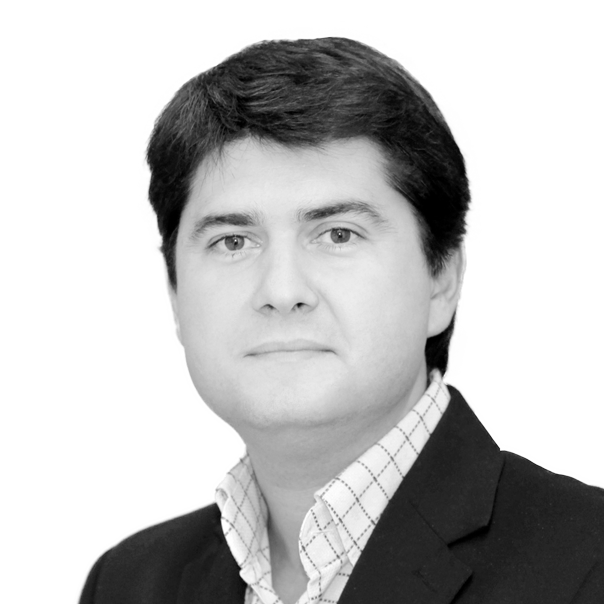Participants
‹ Back
Professor Javier García Martínez
President-elect, International Union of Pure and Applied Chemistry (IUPAC)
CV
President-elect, International Union of Pure and Applied Chemistry (IUPAC)
Director, Molecular Nanotechnology Laboratory of the University of Alicante (UA)
President, Academia Joven de España (AJE)
Professor of Inorganic Chemistry and Director of the Molecular Nanotechnology Laboratory of the University of Alicante (UA) where he has led an international team working on the synthesis and application of nanostructured materials for the production of chemicals and energy.
Javier is president-elect (president for the biennium 2022-2034) of the International Union of Pure and Applied Chemistry, IUPAC. Previously, he served as member of the Executive Committee and as Vice-President of the Division of Inorganic Chemistry.
Founder of the technology-based company Rive Technology, which markets the technology he developed during his Fulbright postdoctoral stay at the Massachusetts Institute of Technology (MIT). Since 2012, the catalysts that Rive Technology sells are used in several refineries, significantly increasing fuel production and the energy efficiency of the process. In 2019, W. R. GRACE acquired Rive Technology.
In June 2014, he was awarded the King Jaime I Award in his category of New Technologies and in 2015 the Emerging Researcher Award from the American Chemical Society. In summer of 2017, Javier was recognized by the American Chemical Society with the Kathryn C. Hach Award as the best US entrepreneur in the chemical sector. Javier is a member of the Council of Emerging Technologies and Young Global Leader of the World Economic Forum, of the Global Young Academy, and Fellow of the Royal Society of Chemistry. Since 2019, Javier is the President of the Young Academy of Spain.
Abstract
Abstract:Climate change, water scarcity, pollution, and energy poverty are just a few examples of the big problems that we face today. Chemistry has a central role to play in tackling these and many other coming challenges. Indeed, for decades chemists have provided countless solutions that have greatly contributed to the health, well-being, and development of humankind, from the discovery of new medicines to the purification of water.
Realizing certain SDGs will not only require better technology but also the political willingness to act. For example, there is no acceptable reason why over a billion people have no access to safe drinking water, or that 2.6 billion people lack adequate sanitation. These factors explain why 1.8 million people die every year from diarrheal diseases and 90% of the victims are children under 5 years of age. Indeed, plenty of already available technologies can make a difference in the lives of millions of people, such as mosquito nets, more robust and nutritious crops, and decentralized energy systems. The benefits of making these technologies available around the world would have an overwhelming effect.
In many ways, there is a misalignment between the SDGs and the goals of many scientists, granting programs, and major research and academic institutions. A new generation of chemists is needed to achieve these goals, one trained with a bias toward the needs of our planet and supported by national and international research funding calls that address these Goals. Here, IUPAC and other international organizations can be key players in aligning the incentives and the priorities of the global R&D agenda
An opinion article that appeared in Nature mentioned that, “Addressing climate change, renewable energy, food, health, and water provision requires coordinated global monitoring and modeling of many factors—social, economic, and environmental”. [7] This is a major task that will be possible only through a global multi-stakeholder approach of unprecedented scale, including governments, natural scientists, social scientists, engineers, industry, and civil society.
The International Union of Pure and Applied Chemistry (IUPAC), as many other international science organizations, has a central role to play in this regard. IUPAC’s new mission statement positions the organization as “the global organization that provides objective scientific expertise and develops the essential tools for the application and communication of chemical knowledge for the benefit of humankind and the world.” In this way, IUPAC is already making significant contributions towards achieving the Sustainable Development Goals.